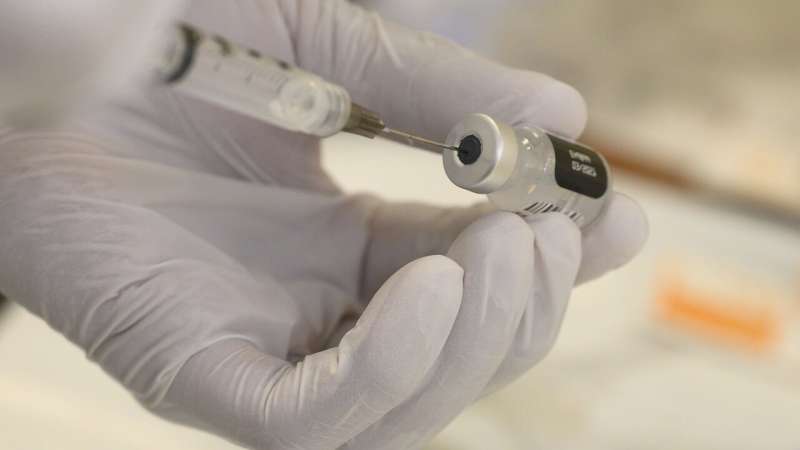FDA Restricts Access to Updated COVID-19 Vaccines, Bringing New Challenges for Children's Immunization

The FDA's recent approval of updated COVID-19 vaccines introduces new restrictions that could limit vaccine access for healthy children, raising concerns among parents and health professionals about protecting vulnerable populations amidst ongoing policy shifts.
On August 27, 2025, the U.S. Food and Drug Administration (FDA) approved new versions of COVID-19 vaccines for the upcoming fall season. However, these approvals come with stricter restrictions that could limit vaccine access, especially for healthy children. Unlike previous seasons, the updated vaccines are now primarily recommended for children at higher risk of severe illness from COVID-19.
The FDA approved two mRNA-based vaccines—Moderna’s for children aged 6 months and older, and Pfizer’s for children 5 years and above—both targeting a new variant called LP.8.1. Additionally, an updated Novavax protein-based vaccine was approved for children 12 years and older, focusing on strain JN.1. Nevertheless, these approvals are limited to children with increased vulnerability due to underlying health conditions.
Previously, all children over 6 months could access the Pfizer and Moderna vaccines, with Novavax available to those aged 12 and above. This shift in policy significantly reduces vaccine availability for infants and young children, despite evidence showing they remain at higher risk for COVID-19 complications. The divergence in guidance also reflects ongoing debates among health authorities. The CDC no longer routinely recommends COVID-19 vaccines for healthy children aged 6 months to 17 years, a move that bypassed its usual independent review process, leading to questions about its credibility.
In contrast, the American Academy of Pediatrics (AAP) recommends that children from 6 months to 18 years at higher risk should receive the vaccines. The AAP emphasizes that vaccination remains crucial, especially since COVID-19 continues to cause hospitalizations and deaths among young populations at rates comparable to other vaccine-preventable diseases like influenza.
The new restrictions may make it more difficult for families to access COVID-19 vaccines for their children. Currently, only Moderna is authorized for children under 5, leaving providers who had planned to use Pfizer to pivot quickly. Moreover, hospitals and clinics might face challenges due to stock limitations and legal restrictions on off-label vaccine use for healthy children—a common but complex practice.
The overall impact of these policy changes may result in fewer vulnerable children receiving vaccines amid supply constraints, parental hesitancy, and provider uncertainties. Experts advise that families discuss with their pediatrician to determine the best options for their child's health. As the landscape continues to evolve with potential updates from federal health panels and ongoing political debates, clarity and access to pediatric COVID-19 vaccination remain critical issues.
Source: https://medicalxpress.com/news/2025-08-fda-covid-vaccines-restrictions-potentially.html
Stay Updated with Mia's Feed
Get the latest health & wellness insights delivered straight to your inbox.
Related Articles
New Insights into Vessel Blockage in COVID-19: Red Blood Cell Rupture Over Clots
New research uncovers that red blood cell rupture, not clot formation, drives blood vessel blockage in COVID-19, offering potential new avenues for treatment.
Enhanced Melanoma Risk Calculator Incorporates 16 Personal Traits and Regional UV Exposure
A new melanoma risk calculator now considers 16 personal factors and regional UV exposure to improve early detection and targeted prevention, aiding Australians in managing their skin cancer risk effectively.
The Critical Role of Heart Rhythm Control Before Mitral Transcatheter Repair
Recent study reveals that managing atrial fibrillation before mitral transcatheter repair significantly improves patient outcomes and reduces heart failure risks.



